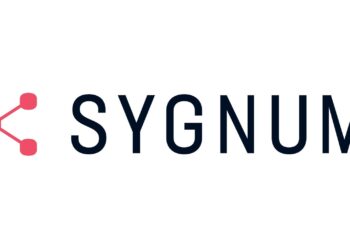The Royal Malaysian Police (PDRM) has shut down a crypto investment scam call centre in Kuala Lumpur that was reportedly targeting Japanese citizens.
Authorities conducted coordinated raids on two luxury residences in Kuala Lumpur, resulting in the bust, according to a report by The Edge Malaysia. The operation led to the arrest of 21 individuals aged between 22 and 37. The group included a Malaysian man, 16 Chinese nationals (one woman among them), a Laotian woman, and one man each from Hong Kong and Myanmar.
Datuk Seri Ramli Mohamed Yoosuf, Director of the Bukit Aman Commercial Crime Investigation Department (CCID), stated that the foreign suspects were employed as customer service representatives. Meanwhile, the local man was identified as the caretaker of the call centre.
The fraudulent scheme operated by the syndicate allegedly involved luring victims through social media platforms like Tinder and Monsters. After making contact, victims were convinced to invest using the Bitbank and CoinCheck applications.
The investigation revealed that the syndicate members had entered Malaysia on social visit passes and were paid commissions equivalent to 20% of the defrauded amounts.
“The call centre had been operational for only a month. The syndicate operated out of luxury bungalows, surrounded by high-security fences and located far from main roads, to avoid detection,”
Ramli reportedly stated during a press conference.
During their raid, the Malaysian police seized 17 computer systems, 55 mobile phones, a router, a set of keys, and two alarm units. The local suspect was released on police bail, while the remaining 20 individuals are still in remand under the Immigration Act 1959/63. The case is being investigated under Section 420 of the Penal Code, which addresses cheating and dishonesty.
In a related incident in Hong Kong, local authorities recently arrested three individuals for defrauding a businessman of HK$3.11 million (about US$399,000) in cryptocurrencies. The scammers allegedly deceived the victim by promising a favourable exchange rate but provided counterfeit HK$1,000 banknotes instead. They used genuine notes to create an illusion of authenticity and refused further inspection, claiming they lacked authorization.
If you want to read more news articles like this, visit DeFi Planet and follow us on Twitter, LinkedIn, Facebook, Instagram, and CoinMarketCap Community.
“Take control of your crypto portfolio with MARKETS PRO, DeFi Planet’s suite of analytics tools.”





















